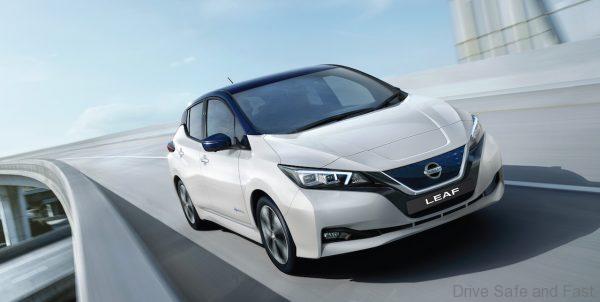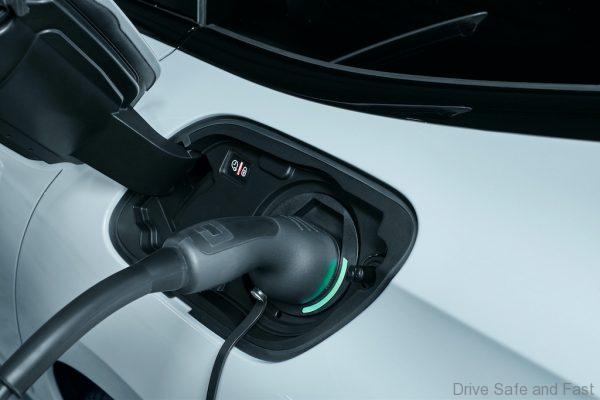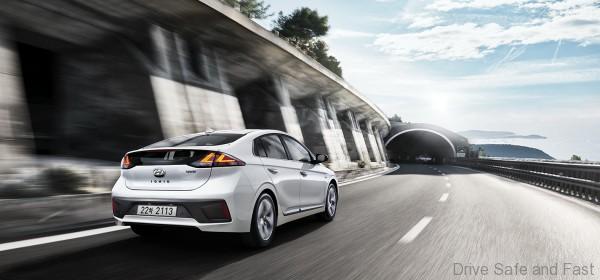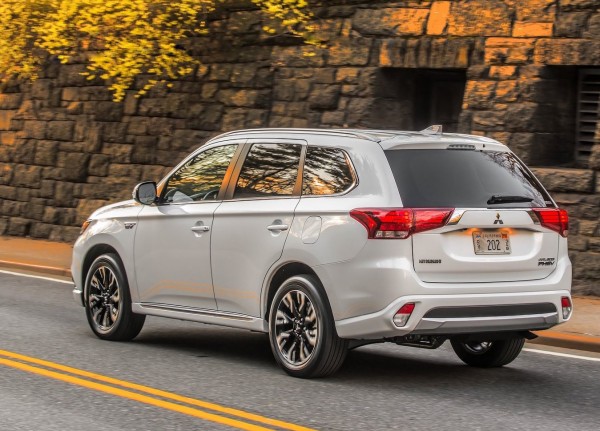Electric Vehicle Rebate rates that should be in place
Some Malaysians can’t quite understand why Malaysia is still lagging behind in electric vehicle (EV) adoption. The reasons are simple.
- The factory production cost of an electric vehicle is more than a similar looking petrol driven vehicle which translates to a higher selling price.
- The battery cost for an electric vehicle keeps rising year on year whilst the development cost of a petrol vehicle reduces a little every year.
- So, this puts the ‘cost’ of each electric vehicle high and manufacturers cannot be selling them in Malaysia or anywhere else in the world at a loss unless there is a government incentive.
- The Malaysian government is yet to issue a firm statement on the import taxation of electric vehicles and or if there will be any rebate on them. This leaves EV manufacturers very unsure about selling their EV’s in Malaysia. NAP 2020 did not address this.
- Public charging infrastructure has been a talking point for years and today there are a number of companies offering vehicle chargers at sensible prices, but who really wants to champion this move which costs tax payer’s money and will only benefit EV owners and not the rest of the tax paying rakyat. NAP 2020 did not address this.
- The recent NAP 2020 mentions a strong push towards EV ownership and assembly of EV’s in Malaysia to bring prices down. But we all know for a fact that EV assembly is not easy due to high voltage components and complicated electronics and nearly ALL EV car manufacturers do not have a CKD (Completely Knocked Down) kit for export as they want to keep the production of EV’s within their factories with tight controls. So the ‘chicken and egg’ situation continues as Malaysia continues to ‘shout’ EV adoption but does not provide proper ‘first world’ incentives to increase our ownership. Take the Kingdom of Thailand as an example and learn from the EV incentives perhaps.
Here below we share with you what the German government is doing to promote EV adoption in their country.

The ongoing government rebate for electric car buyers in Germany will be extended until the end of 2025. In addition to the increase in the total amount made available, there will also be funding for new used car buyers in the future.
The rebate for electric cars, which has existed since 2016 and was originally scheduled to expire at the end of 2020 and not it will be extended until the end of 2025. The German Federal Cabinet decided this in mid-November 2019. In addition, an increase in the state rebate was initiated.
This is intended to support a further 650,000 to 700,000 electric vehicles. Pure electric cars below a list price of 40,000 euros will receive compensation of 6,000 instead of 4,000 euros after increasing the funding.
For cars with a list price of more than 40,000 euros (RM181,600), the rebate in the future be 5000 euros (RM22,700). Fuel cell vehicles (BEV and FCEV) and hybrid models (PHEV) have so far been subsidized with 3000 euros (RM13,600). In the future there will be 4500 euros (RM20,400) below a list price of 40,000 euros (RM181,600). If the list price is higher, there should be a rebate of 4000 euros (RM18,160).
The German federal government also explained that the automotive industry and the German government will each cover half of the costs. They have already contributed 600 million euros to the existing funding.

Some car manufacturers are increasing the subsidy for electric cars: Nissan increases its share of the environmental bonus of 3570 euros (RM16,200) (gross) by an exchange premium of 1600 euros (RM7,260) (LEAF ZE1) and 3800 euros (RM17,250) (LEAF e +).
The above figures show how much the German government is subsidizing individual EV ownership which is the use of tax payer’s money to reduce their emissions and provide cleaner air.
This lowers the entry price for the electric compact with 40 kWh battery and 150 hp to 28,630 euros. The more powerful LEAF e + with 217 hp electric motor and 62 kWh battery is available from 34,330 euros. The Nissan e-NV200 receives an updated environmental bonus of 6570 euros.

Prices for the panel van start at 34,105 euros, the Evalia car variant with up to seven seats is available from 43,433 euros. Kia also guarantees the new purchase premium for its electric cars e-Niro and e-Soul in the amount of 6000 euros. In addition, Hyundai also increased its own share of the environmental bonus for electric cars in January 2020. The new purchase advantage for Hyundai Kona Elektro and Ioniq Elektro consists of the BAFA subsidy for electric cars of 2,000 euros and the tripled manufacturer share of 6,000 euros.

When buying an Ioniq plug-in hybrid vehicle, Hyundai pays a premium of 5,000 euros. The state subsidy is currently 1,500 euros. Renault offers an electric bonus of up to 6,000 euros on its electric cars: This is made up of the BAFA environmental bonus of 2,000 euros that is still valid and the Renault grant, which has now been increased to 4,000 euros. This means that Renault Zoe, including the 6,000 euros electric bonus, is available from 15,330 euros gross.
The price of the Kangoo ZE electric delivery truck drops to a net 14,820 euros. And the Renault Master ZE benefits with an entry-level price of 53,900 euros net.

For the Mitsubishi Outlander Plug-in Hybrid, there is a Japanese grant for a discount of 8,000 euros, taking into account the state environmental bonus. The family SUV asking price starts from 29,990 euros (RM136,100). The discount results from the state share of currently 1,500 euros and the Mitsubishi electric bonus of 6,500 euros.














